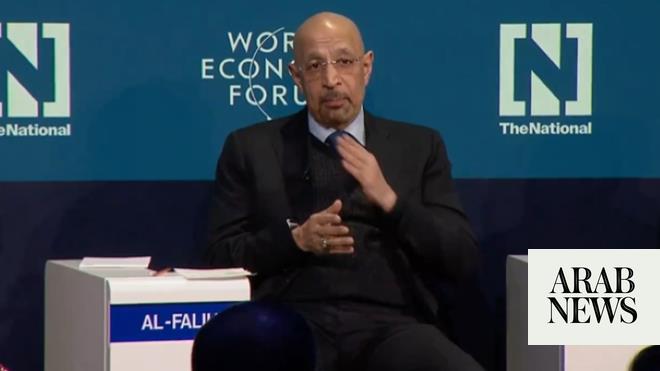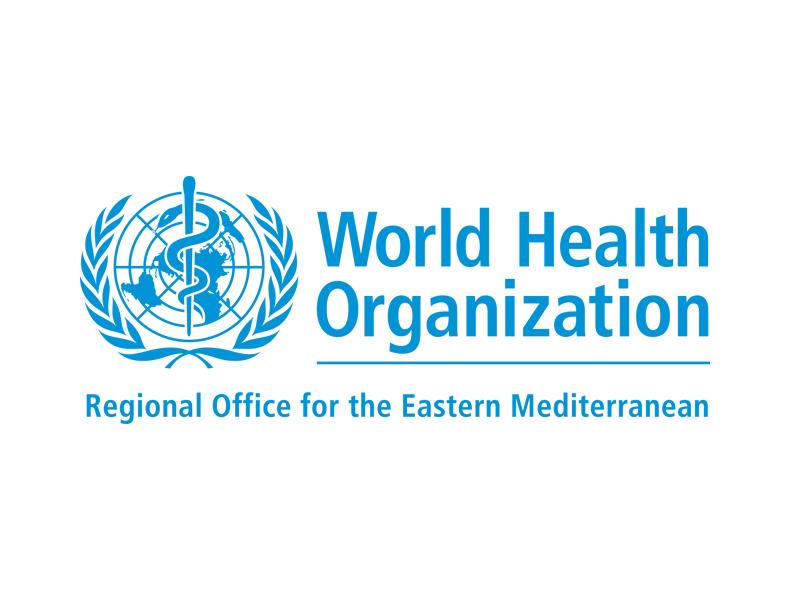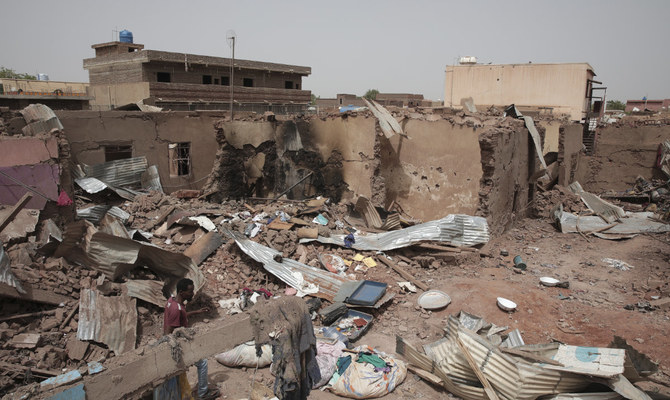
It is almost two decades since the world’s nations signed up to the UN’s Millennium Development Goals. A further four years have passed since that program was succeeded by the 17 Sustainable Development Goals, under which all UN member states recognized that universal access to basic primary health care was not only a basic human right but also the key to eliminating global inequalities.
The disheartening message of World Health Day on Sunday, April 7, is that, for at least half of the world’s population, the goal of universal health care — a basic safety net for all citizens of any country — remains a distant dream. Worse, says the UN, about 100 million people are still trapped in a cycle of poverty because they have to pay for basic health care.
This matters, and not just from a humane perspective. The UN says primary health care coverage is essential to achieving all other Sustainable Development Goals, from poverty, hunger, education and gender equality to work, economic growth, reduced inequalities and action on climate change. Not investing in basic health care, in other words, is a false economy, but one to which too many governments in the Middle East and North Africa still subscribe.
The World Health Organization’s recently published Health Financing Atlas for 2018 paints a stark picture of the state of public health funding in its Eastern Mediterranean Region. It is, the report says, “insufficient compared with global trends” and directly responsible for “a high degree of financial hardship and significant impoverishment.”
The region is home to more than 653 million people living in 21 member states, plus the occupied Palestinian territories, and there are “huge disparities” in spending on health “between and within countries.” The most recent figures show that, in 2015, total health expenditure in the region was a little in excess of $145 billion. That sounds like a lot. In fact, it is woefully inadequate. It represents just 2 percent of global health spending — for 9 percent of the world’s population.
Put another way, global expenditure on health averages out at 10 percent of gross domestic product (GDP). In the region, it is barely half that. Predictably, the variations between rich and poor countries are stark. In 2015, Pakistan, home to 30 percent of the region’s population, spent just $38 per person on health, while Qatar invested $2,000.
Not investing in basic health care is a false economy, but one to which too many governments in the region still subscribe.
Jonathan Gornall
Yet, even among the poorer countries, investment in health varies wildly. Pakistan’s spending in 2015 represented only 2.7 percent of its GDP. Afghanistan, despite being the poorest country in the region, spent 10.3 percent — the largest proportion of all countries in the region, rich or poor. Public spending on health in the region as a share of total public spending — a measure of “health prioritization” — is 9 percent, one percentage point lower than the global average. This, says the WHO, is due primarily “to the low priority given to the health sector.”
One effect of the lack of public funding is that people have to pay more out of their own pockets: 40 percent of total health expenditure in the region in 2015, compared with a global average of 32 percent. According to the WHO, this results in “high levels of financial hardship,” affecting an estimated 55.5 million people across the region in 2015, with 7.7 million “pushed into poverty due to high out-of-pocket payments.”
There are wider implications for under-funding health care in the poorer countries. It should not be forgotten that many of the protests that flared on the eve of the so-called Arab Spring were focused on health inequalities. Research published in 2016 found that, during the uprisings, “the countries that were the most stable were the healthiest ones (and) countries which underwent revolutions were the unhealthiest.”
This led the authors of a paper published in the journal New Trends in Social and Liberal Sciences to develop an “inverted funnel” hypothesis, arguing that “as the level of health care of a country rises, so does its stability, which in turn leads to better health care.”
The consequences of social disruption are still with us, in the shape of the refugee crisis and the burden that has been placed on neighboring countries and in the rise of populist, intolerant politics in Europe and beyond.
The consequences of social equity are more subtle, but equally far-reaching. According to the Organization for Economic Cooperation and Development, investment in health has a measurable impact on a country’s overall economic standing. “The effects of health on development are clear,” it says. “Countries with weak health and education conditions find it harder to achieve sustained growth.”
Growth is the key to a nation transforming itself from being a burden to its neighbors to becoming a valuable trading partner. It is equally clear that the cycle of poverty in which many nations are trapped could be broken if one of the fundamental contributing factors — poor health — could be taken out of the equation.
The key message from World Health Day is that much global poverty, and all that flows from it, could be averted if modest investments were made in primary health care in developing countries. And therein, perhaps, lies a challenge for the wealthier, healthier nations of the region.
Countries such as the UAE and Saudi Arabia have done their bit when it comes to emergency aid, reaching out to those in need in the refugee camps and contributing valuable resources to vaccination campaigns. Since 2014, for example, the UAE has administered 347 million polio vaccines to 57 million children in Pakistan.
But, unless something is done to strengthen the fundamental universal health systems of such countries, the emergencies will keep on coming. Even a modest investment in primary health care systems could change all that and help a generation to cast off the shackles of their circumstances and grow to become valuable partners for the future.
Jonathan Gornall is a British journalist, formerly with The Times, who has lived and worked in the Middle East and is now based in the UK. Copyright: Syndication Bureau
Disclaimer: Views expressed by writers in this section are their own and do not necessarily reflect Arab News" point-of-view











